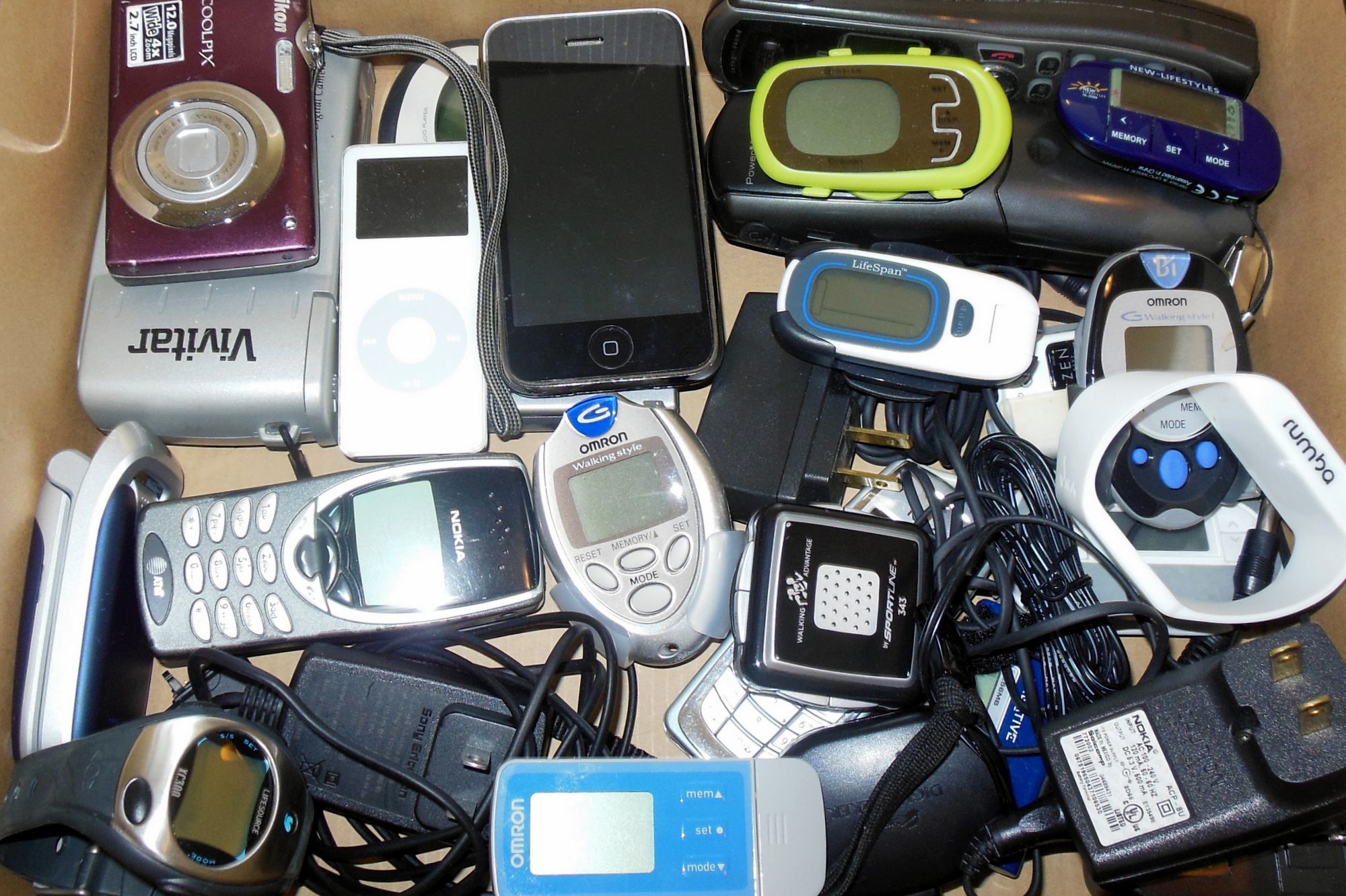
New, effective cancer treatment plans can act like daggers pressed into the hindquarters of the immune device, prodding it to lunge at any cancerous cells in the frame. When the drugs paint, the immune system tramples tumors into oblivion. But they don’t always need illustrations—cancer drugs can fail 60 to 70 percent of the time. The drugs might not provide the immune gadget a pointy enough sticking to each patient. However, according to some recent research, it may not be the resistant machine that desires a rapid kick—it may be the gut.

Some intestinal-residing microorganism seems to corral and train immune cells to fight off most cancer cells before spurring from cancer immunotherapies. Without such microbial priming, the medication may help additionally offer a futile prod. In both studies posted this week in Science, researchers found that the people living with cancer who saw no benefit from the pills (non-responders) have been the ones who lacked certain useful intestine bugs, in particular after taking antibiotics. Meanwhile, cancer patients who did respond to the drugs had the microorganism that would prompt the immune gadget to release chemical compounds that get cancer-killing immune cells—T cells—to chomp at the bit.
When the researchers transferred the gut microbes from their human cancer patients into germ-free mice with cancer, the rodents mirrored the sufferers’ fates. That is, mice given intestine microbes from non-responding human beings did not respond to immunotherapies. But, the mice that got microbes from responders answered. When researchers swapped responder intestine microbes into non-responding mice, the mice converted and fought returned cancer.
“Our research in sufferers and subsequent mouse studies pressure home that our gut microbiomes modulate each systemic and anti-tumor immunity.” That’s in line with Jennifer Wargo, a surgical oncologist and geneticist at the University of Texas MD Anderson Cancer Center and the senior creator of one of the studies. Dr. Wargo is planning scientific trials to assess if fecal transplants in most cancer patients should enhance immunotherapy achievement rates.

“You can change your microbiome,” she delivered. “It’s certainly not that tough, so we think those findings open up huge new opportunities.”
Charging beforehand
FURTHER READING
Custom cancer vaccines effectively combat and kill tumors in early human trials. In Dr. Wargo’s study and the opposite—led via immunologist Laurence Zitvogel of the Gustave Roussy Cancer Campus in Villejuif, France—researchers targeted a form of “checkpoint” inhibitor cancer treatment. Known as “PD-1 inhibitors.” Generally, PD-1 is a protein on the floor of T cells that—in non-cancerous situations—acts as a checkpoint to shield in opposition to over-zealous immune responses and car-immune illnesses. PD-1 does this by latching onto proteins on wholesome cells, specifically PD-L1, which signals the T-cell to face down and not assault the healthful cellular. Crafty cancer cells often don PD-L1, although allowing them to get away with a T mobile blitz. That’s where the PD-1 inhibitors are available. If the drugs get inside the manner of PD-1 binding to PD-L1 on most cancer cells, they could assist in unharnessing the wrath of T cells on the one’s tumors. But, as stated, PD-1 inhibitor treatments frequently don’t work.
Before the brand new take look, Zitvogel and colleagues noticed that the latest mouse research has displayed that intestine microbes regulate immune responses to cancers. If that’s actual, they hypothesized, then microorganism-killing antibiotics should squash the effects of PD-1 inhibitors. To see if that holds up, they checked out the consequences of 249 lung, kidney, or bladder cancer sufferers, some of whom obtained antibiotics around the time of their PD-1 inhibitor treatments. The researchers observed a clear link between antibiotic use and immunotherapy screw-ups. Specifically, the sixty-nine patients taking antibiotics had shorter survival instances and durations without their cancers progressing than patients with identical cancers and comparable health elements.
Next, the researchers examined the communities of microbes in the poop of one hundred responding and people living with non-responding cancer. They observed large differences in the abundance of positive styles of microorganisms. Specifically, individuals who spoke back to PD-1 inhibitors have been more likely to carry Akkermansia muciniphila, an intestinal bacterium hypothesized to have anti-inflammatory consequences. In mouse experiments, A. Muciniphila spurred immune cells to release a chemical sign known as IL-2 to alter T-cells and prime them to attack. Likewise, treatments of A. Muciniphila should convert non-responding gut microbes into responding microbes in mice with cancer.
Wargo’s study had similar findings. In their paintings with 112 pores and skin cancer patients present process PD-1 inhibitor treatments, they, too, observed that an affected person’s intestine microbiomes related to the success or failure of their immunotherapy. However, they didn’t pick out A. Muciniphila particularly referred to that responders tended to have extra diverse communities and greater positive kinds of bacteria. And again, after they transferred the patients’ intestine microbiomes into germ-free mice with most cancers, the mice met the same destiny as their human-microbe donors. The researchers additionally located evidence of useful microbes priming T cells.
Together, the researchers recommend a huge position for gut microbes in figuring out the cancer-killing potential of immunotherapies. But there are many questions, namely how, exactly, sure bacteria may additionally spur the immune system to fight cancer and if there are aspect-results or capacity risks of manipulating the microbiomes of most cancer sufferers.













